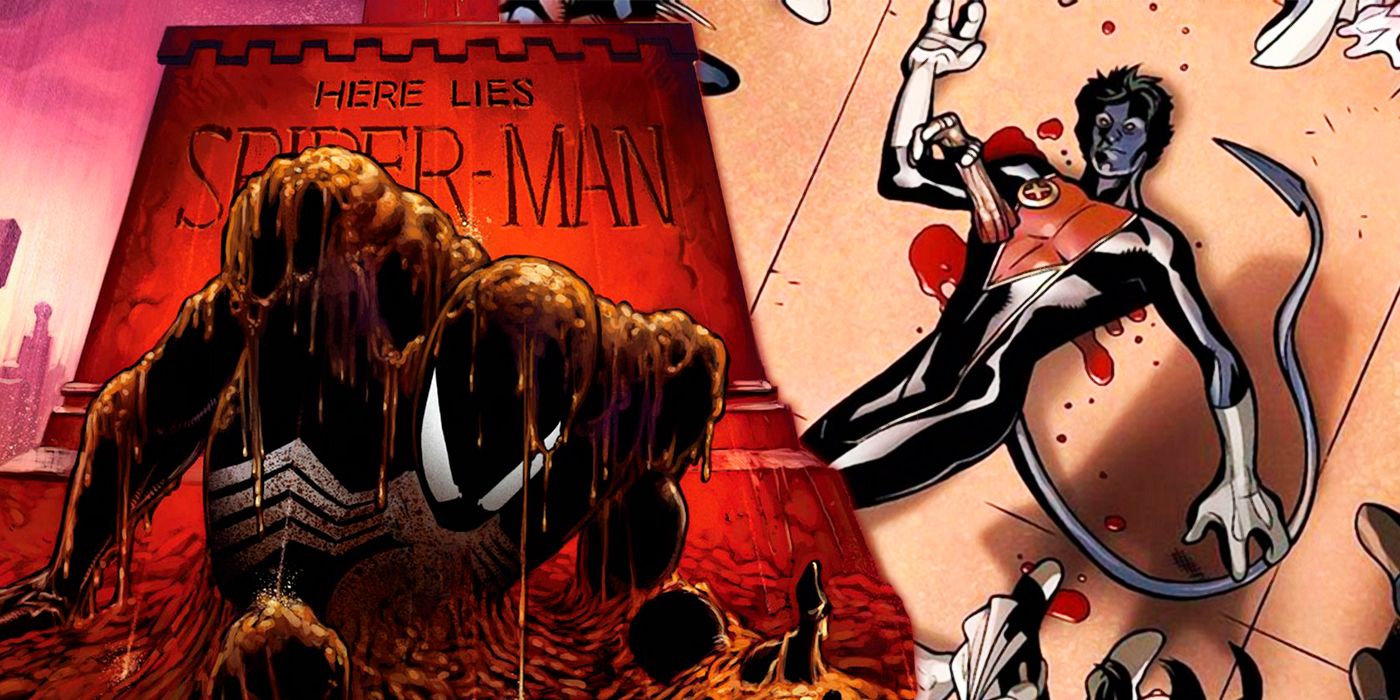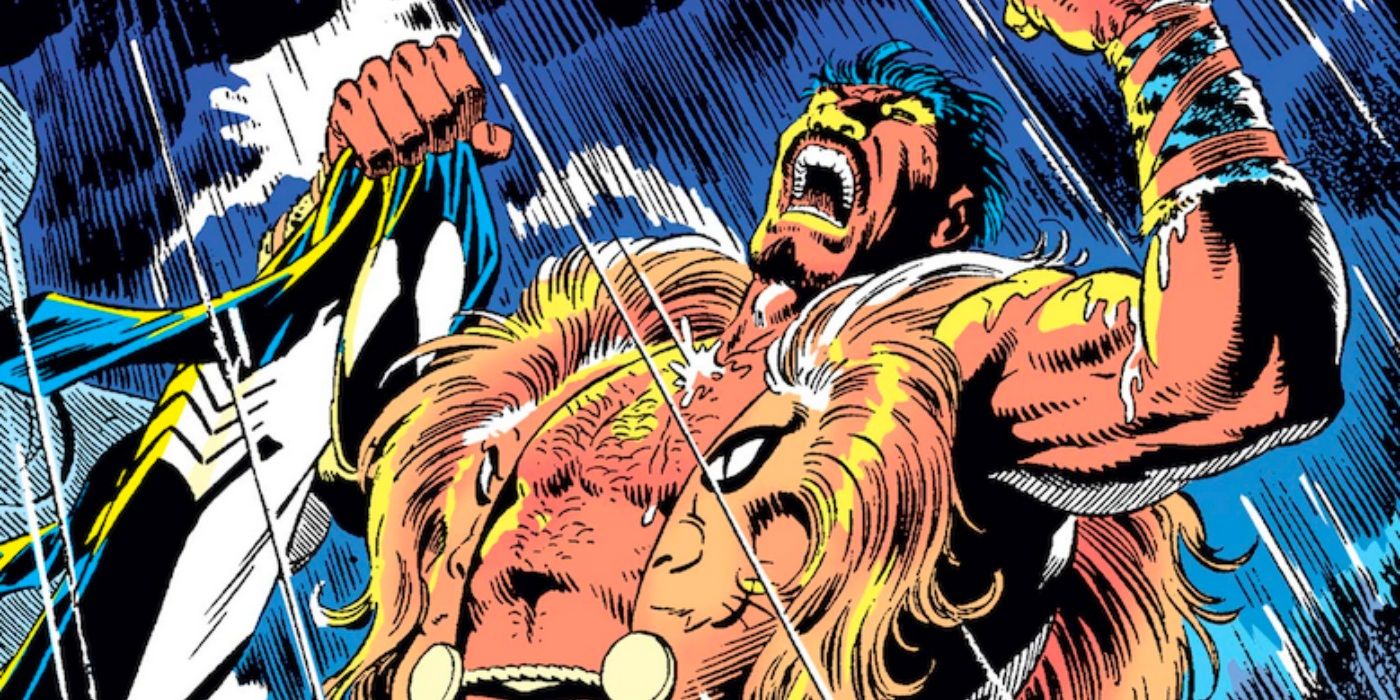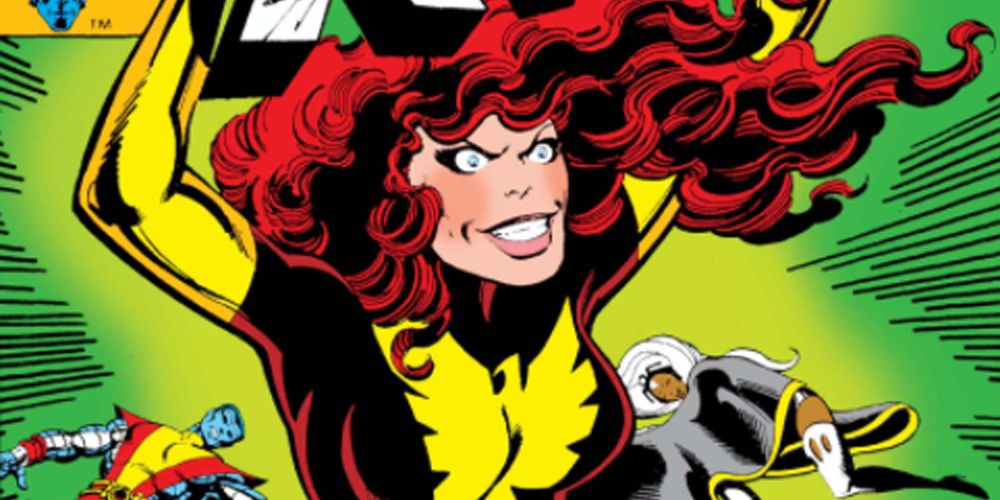Resurrection is a common trope in superhero comic books. Very few of Marvel's major characters have gone without feeling the touch of death at least once. Should some characters be beyond resurrection, though? Are the stakes of a story not reduced when the most death isn't actually permanent at all? Admittedly, Marvel has used death and resurrection to amazing effect, but it also harmed some of its greatest stories through retconning impactful deaths.
Many of Marvel's classic stories feature the death of a major character. Uncanny X-Men's "Dark Phoenix" story arc ends with Jean Grey taking her own life. Spider-Man's "Kraven's Last Hunt" also ends in a villain suicide that's less tragic, but powerfully poetic. Civil War (Mark Millar & Steve McNiven) is encompasses several deaths to serve as a reflection of real war and the consequences of reckless fighting. So what happens to these stories when the results of the character's actions are later undone?
"Kraven's Last Hunt" was supposed to be a swan song for the character. In the story, he finally beats Spider-Man by proving himself the superior rival. Kraven could have killed Spider-Man. Instead, he adopted the Wall Crawler's identity and took down one of his most dangerous foes. Kraven's suicide humanized the beast of a man like no other story ever had. But the story's impact is arguably lessened by his 2010 resurrection. He died a fulfilled man, what more is there for him to achieve? The Kraven of the "Last Hunt" story never wanted to be brought back.
Jean Grey might be the most resurrected Marvel character of all time. At this point, it's almost a tradition to kill Jean off once or twice with every new decade. Marvel's former editor-in-chief pushed to ensure Jean died at the end of "Dark Phoenix", understanding she could never properly rejoin the team after committing genocide. This bitterly poignant death resonated with readers and became a trope writer Chris Claremont was known for during his long Uncanny X-Men run. But what does that death mean now, a dozen resurrections later? Why is Jean's genocidal acts glossed over by a team who are graphically familiar with widespread persecution and hatred? Are Jean's contributions to the X-Men significant enough to warrant overlooking her actions during the "Dark Phoenix" story?
In contrast, Bill Foster (AKA Goliath) was the most significant death of the "Civil War" storyline. Unlike many other examples, Foster has remained dead. And yet, 2018's Ant-Man And The Wasp feature film adaptation brought the character into the Marvel Cinematic Universe. With a third Ant-Man film Quantumania just around the corner, it's likely that Bill Foster could once again become a familiar character to filmgoers. If that happens, it is probable that Bill Foster will have a resurrection in Marvel comic books to capitalize on the visibility of their onscreen characters. But like Kraven and Jean Grey, this would diminish the impact of Foster's death. His death is the ultimate consequence of "Civil War." It is the one thing that can't be taken back or solved through conversation like the story's other central issues. Most importantly, it is a sobering reminder that superheroes need to understand the consequences of their actions before engaging in destructive, deadly battles. If Bill Foster comes back, it sends the message that the toll of war is only temporary, which is an egregious farce.
Not all resurrections are a bad thing. Some resurrection stories are more powerful than the character's death. Nightcrawler stands out as a powerful example of this. His death was tragic and obviously mourned by X-Men fans. But the Jason Aaron and Ed McGuiness Amazing X-Men resurrection story is arguably better and emotionally resonating. In particular, the moment he reunites with Wolverine is an astonishingly human moment for both characters.
So resurrection is not something that should be discouraged, just considered with due care. A proper resurrection can see an unfulfilled character come back with new energy. A poor resurrection can spoil great stories and leave a character feeling redundant.



